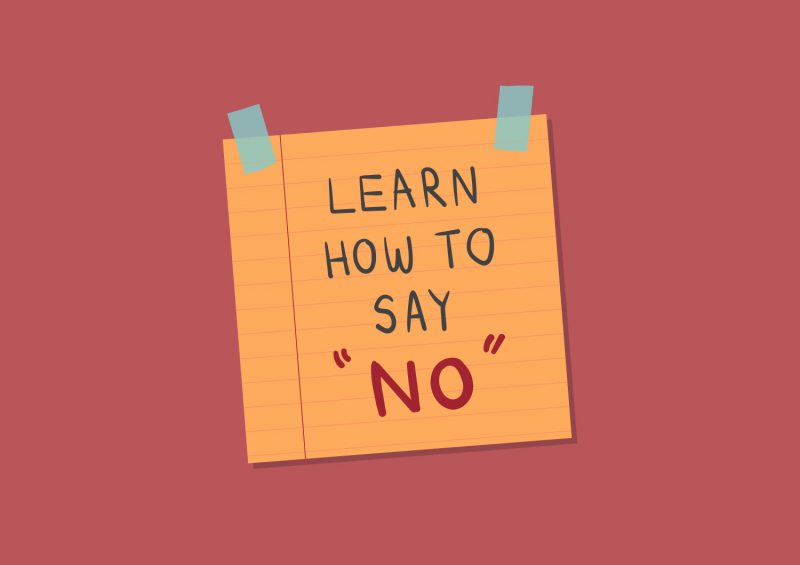

Case-1: Mr. Adithya (name changed), studying in third-semester Engineering, lend a Rupees 10000 to one of the friend. Adithya could neither ask the reason nor say no to his friend even though he had heard that this friend is a regular defaulter to pay the rent, meal charges, etc in his PG. Adithya brought the money from his home a few days back to pay the PG room rent. Adithya’s friend spent the money on betting and lost it. Adithya asked once his friend give the money back and did not get a positive response from the friend. Adithya could not pay the PG rent and PG owner called up Adithya’s parents.
Case-2: An MBA student met me, for resume development. She was a topper, energetic, and highlycommitted student. However, that day, she was very tired and felt sleepy. When I asked her why she is like that she said: ‘she couldn’t sleep due to a lot of assignments. I was in surprise because I knew her; she would not keep her assignments pending. She responded that it’s her roommate’s assignment! Her roomy had gone out with her boyfriend for a night out!
Case-3: A brilliant 9 th Standard student told her friends that she does not want to live anymore. Nonetheless, she took a promise from her friends that they will not tell it to anyone. The next day she committed suicide. Friends told it to a class teacher after the tragic incident.
All the above cases have one thing in common, a thought the pattern that I should help my friend and not go against the friend’s wish. First, two cases did not have severe consequences, but the last one leads to irreversible loss and trauma for the related persons.
I meet hundreds of students, both boys, and girls, who help their friends, peers, and others many times, even though they are not comfortable to do it and have difficulty in expressing their choice to say ‘no!’
When I ask them further about their difficulty, most of them say that they feel fear of losing the friendship, fear of rejection by the peer group, etc.
Helping and cooperative behavior is a mutual, choice-based, and intention of the person. Probably in case of a medical emergency, you need to help the person, unconditionally. In other cases, you need to weigh the pros and cons of helping behavior and intention of the person. If you are not comfortable and feel that the other person may take you for granted or put you into the negative consequences, I say that you must learn to say no to them and feel good within yourself.
You could ask me: What if the other person may put me in trouble or reject me. Well, the chances of troubling are minimal and it is possible to have a cordial relationship with them if you have a positive self-image. Even, if the other person rejects, you need to feel good that it’s alright to stay away from unhealthy relationships and negative consequences. You have a choice to make a friendship with people, who are positive, respect your autonomy and personal space.
Next time, when you come across a situation, where you feel like saying no for your friend’s demand, you need to wait for some time. Ask yourself: Are you saying yes, when you want to say no? Then, you need to change your self-image and learn to say no. If you can’t do it by yourself, call me and get an appointment for a session or two.
Note that if you are into the above kind of dynamics, it’s not a mental health issue. It is a communication pattern in your personality, which you have learned; it requires unlearning and re-learning for good.